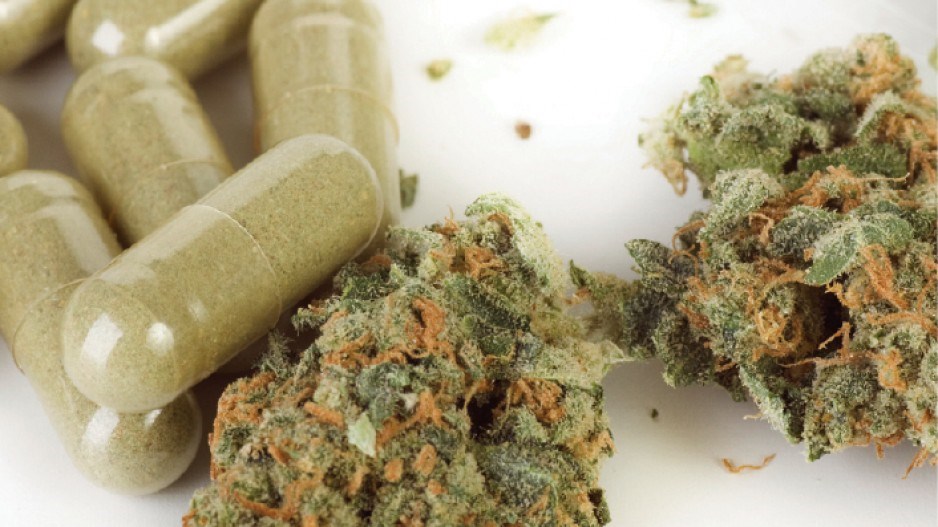The federal Task Force on Cannabis Legalization and Regulation is recommending that recreational marijuana sales be restricted to storefronts and mail order, and that taxation be set low enough that the nascent industry is not strangled in its crib by cheaper, unregulated black market pot.
The task force submitted its report Tuesday, December 13. It recommends dozens of new regulations for recreational marijuana sales, from how pot should be packaged, where it could be sold, how it should be tracked (i.e. from “seed to sale”) and even limits on potency.
One thing the task force has not recommended is taxation levels. However, when governments do begin to apply taxes to legalized marijuana, it urges them not to set them too high in the infancy of the industry, warning that that may simply allow illegal, unregulated pot sales to flourish.
“A lower tax rate, initially, could help to avoid repeating the experience in Washington, where a high tax at the start of legalization, combined with a shortage of legal product, strengthened the existing illicit market,” the task force advises. “Taxes could be adjusted over time to reflect changes in market conditions.
Pharmacy companies like London Drugs and private liquor store operators have lobbied to be allowed to sell cannabis. The task force is recommending against the “co-location” of marijuana sales with alcohol and tobacco.
It is recommending that the wholesale distribution of cannabis and retail sales be regulated by provincial and territorial governments, but recommends that sales be restricted to specialized store fronts, and by mail.
That recommendation could prove to be an economic generator with the creation of new, small businesses, although the ones currently operating outside the law may find it hard to survive, once they are forced to start complying with new regulations.
An existing medical marijuana industry in Canada is hoping to branch out into the recreational space. There are 35 licensed medical marijuana growers in Canada. Eight are in B.C.; 20 are in Ontario.
Once marijuana is legalized for recreational use, the established, licensed growers are hoping their substantial investments will pay off by expanding into the recreational market.
The task force is recommending that the production of cannabis continue to be regulated federally, “drawing on the good production practices of the current cannabis for medical purposes system.”
However, it also recommends using licensing and production controls to allow smaller producers to also enter the market.
As for personal use, the task force is recommending that Canadians be allowed to grow their own marijuana, but recommends that each person be limited to four plants. It recommends that individuals be allowed to possess no more than 30 grams of marijuana.
The federal government is planning to bring forth legislation in the spring that will legalize marijuana for recreational use.




